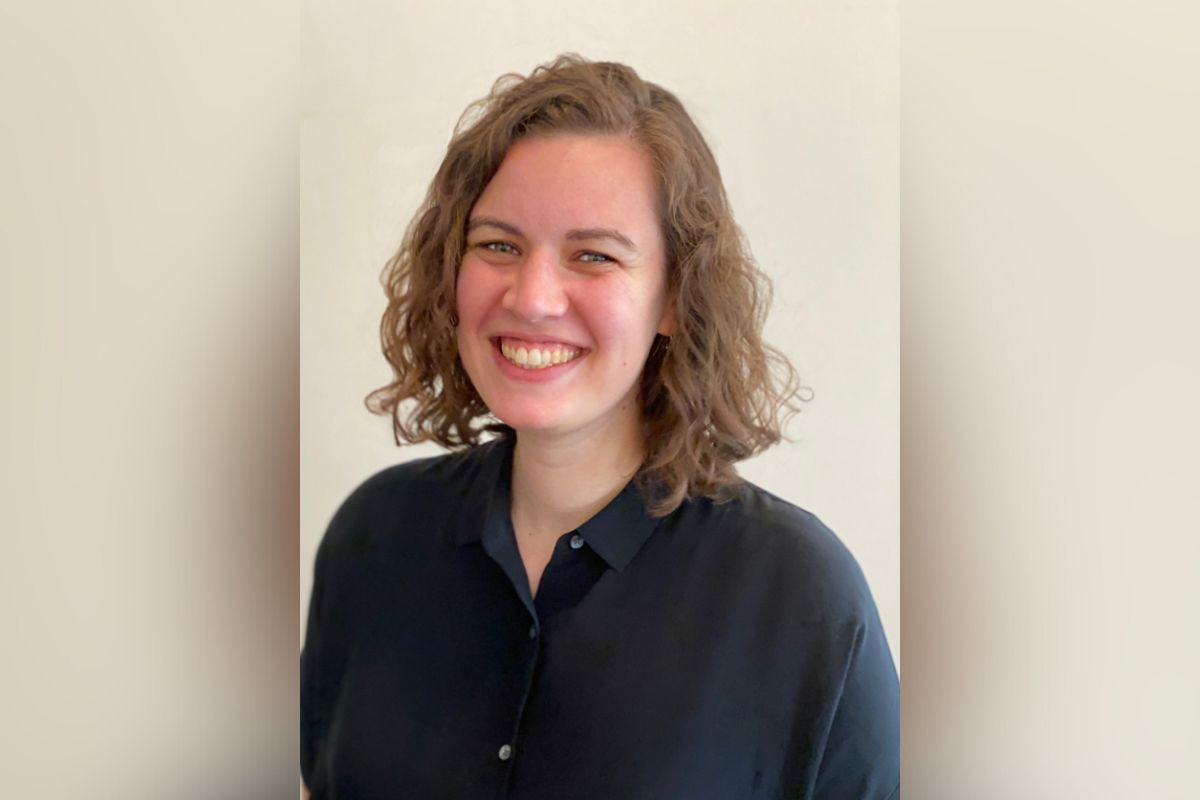As Rachel Klepper (Ph.D. ’24) neared the end of her doctoral studies in the History and Education program, she was seeking a way to further her “deep thinking about education, the wellbeing of children and [public resource access] in New York City,” interests she developed throughout the course of her study. Less than a year later, she’s achieving those goals through a fellowship at the American Council of Learned Societies (ACLS) and nurturing other scholars as a TC adjunct.
Learn more about Klepper’s work and the impact of her TC education.
What She’s Doing Now
Klepper is supporting policy and programming for United Neighborhood Houses (UNH), a 106-year old community organization, through the ACLS Leading Edge fellowship, which connects humanities doctoral graduates with social justice-oriented non profit organizations. Klepper’s desire to deepen her involvement in policy conversations and leverage the skills she developed as a doctoral student drew her to the prestigious fellowship. “I was looking to explore what it would mean to take the skills that I developed over the course of my degree…and make a connection between that history and what's happening today,” says Klepper.
She’s doing just that as a research analyst for UNH, furthering its mission to develop robust policies and support programming for New York City’s settlement houses. Klepper studied the organization in-depth for her dissertation, which explored the history of after school programs, and that historical background has been a valuable asset in her work. “[Working at UNH] felt like an exciting way to draw a clear connection between what I had been doing before,” explains Klepper. “I'm getting to continue that line of questioning to help providers understand where programs exist today, and help policymakers understand where there are gaps.”
Klepper is currently leveraging her expertise to research the impact of state and city policies on residents and community organizations in New York City, write a report on the city’s afterschool program landscape — an expansion of her dissertation research — as well as analyze census data and compiling stories from direct service providers to support her colleagues’ testimonies for city and state-level budget sessions. “Being able to provide that bigger picture context for them, about who lives in New York State and how the population changes over time, helps us [demonstrate] what people need,” she says.

The historic Wadleigh High School for Girls in 1902. It was the first high school for girls in NYC and the building now houses Wadleigh Secondary School for the Performing & Visual Arts. (Image: Public Domain)
How TC Has Shaped Her Work
Klepper’s TC experience was instrumental in developing not only her skills but also a scholarly commitment to the city in which she was studying. Her work with Ansley Erickson, Associate Professor of History and Education Policy, on the Harlem Education History Project and a research project on the historic Wadleigh Secondary School for the Performing & Visual Arts and its alumni left an indelible mark on Klepper. “That [experience] helped me think about how we tell the story of New York City and that led me to focus my dissertation on New York City. I don't think that I would have felt that connection without that opportunity,” she says.
Klepper’s role as an Adjunct Assistant Professor in the History and Education program is also informing her work at UNH. The organization has a particular focus on providers working with settlement houses to implement programs with NYC adults and children which, according to Klepper, requires a similar mindset to her work as a teacher educator. “Working with TC students definitely shaped my approach to this work,” she says. “Getting to spend time every week with developing teachers has made me more aware of what they need, what they want to understand, the curiosity they have, and the commitment[s] they have.”
